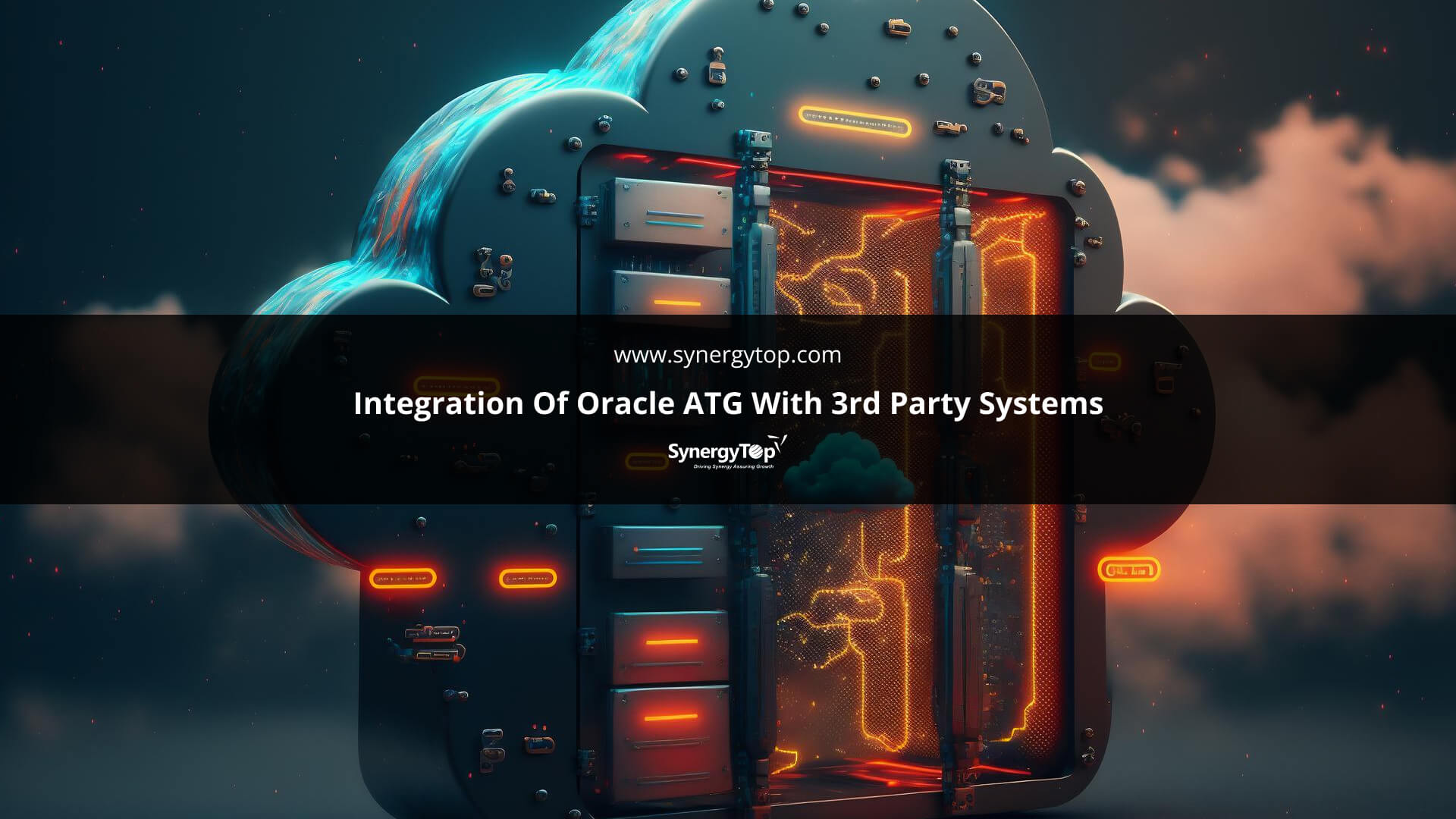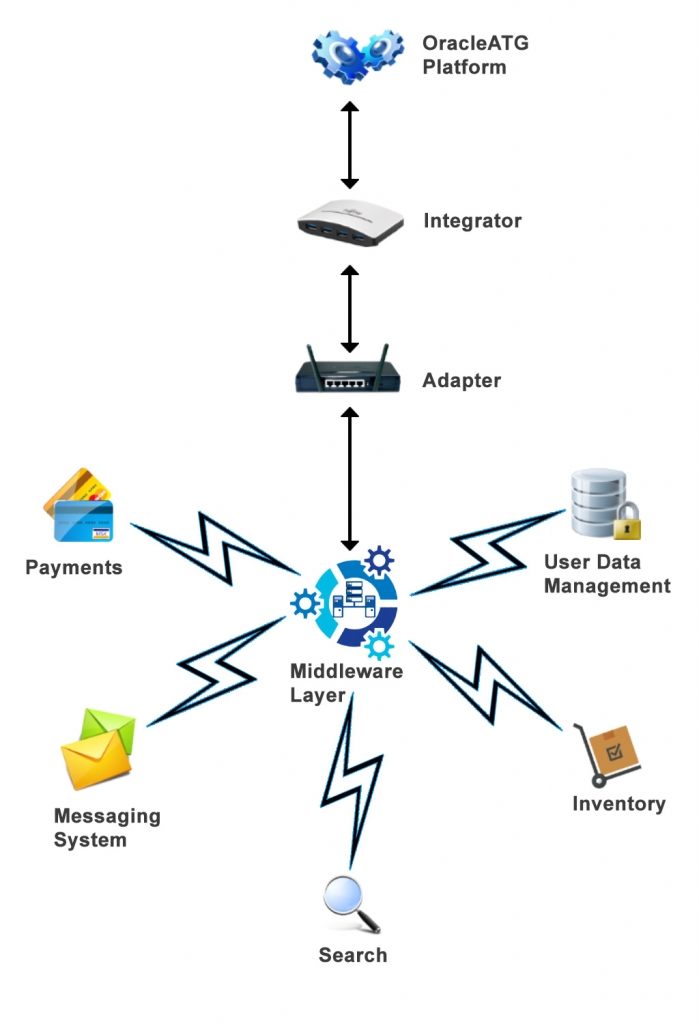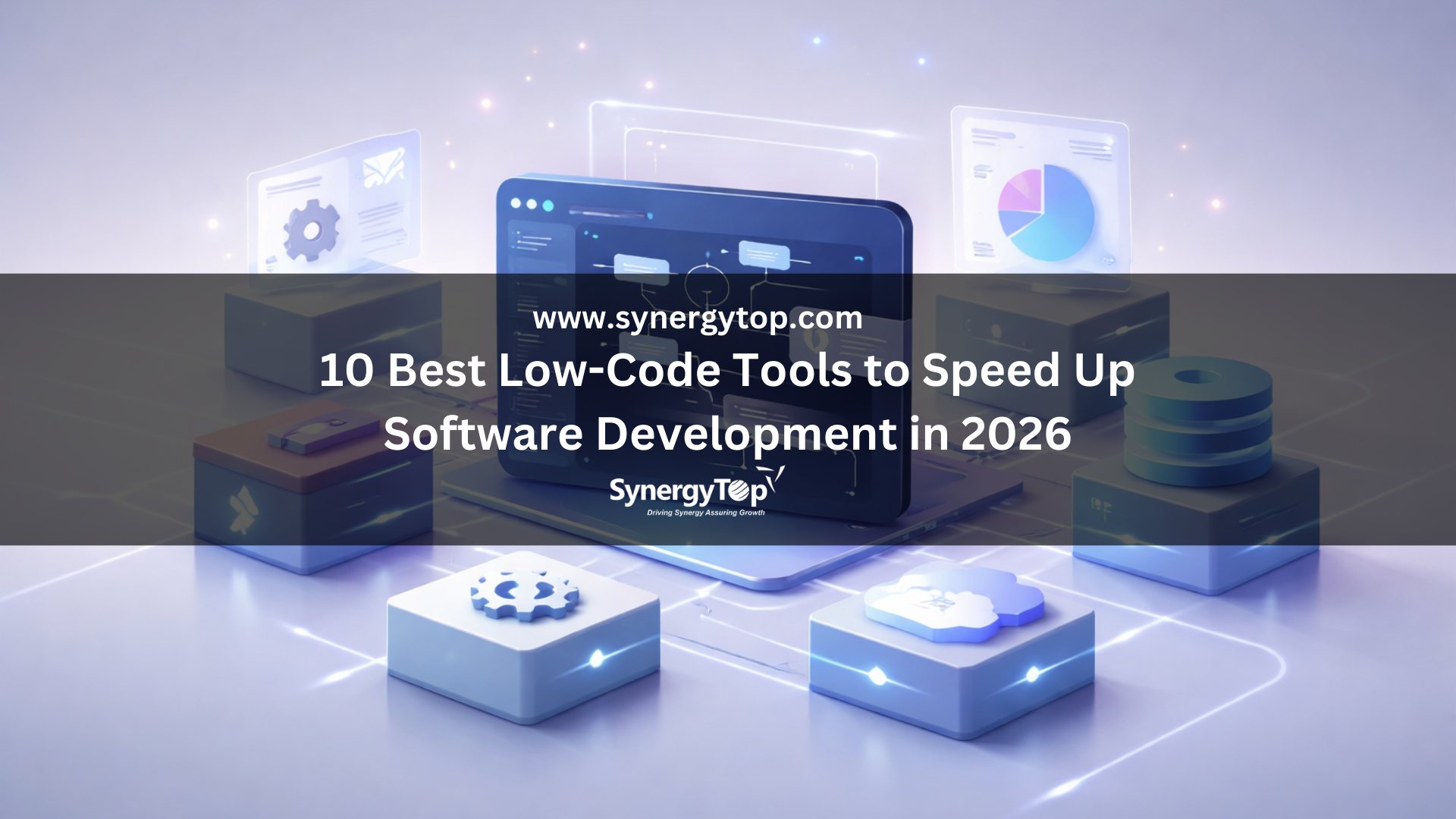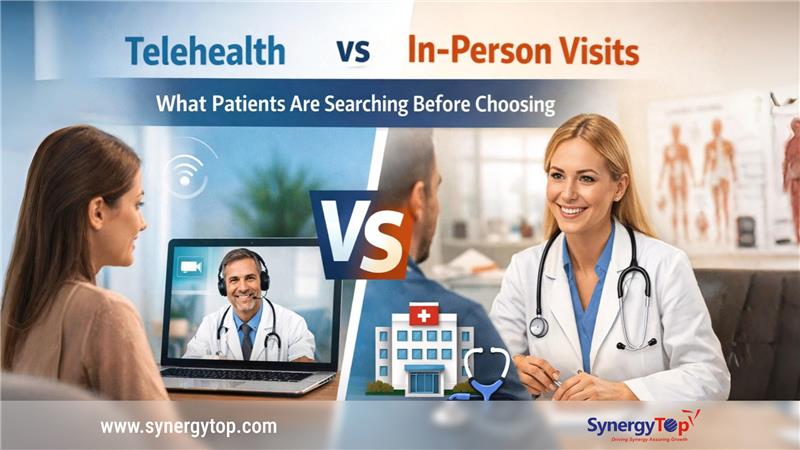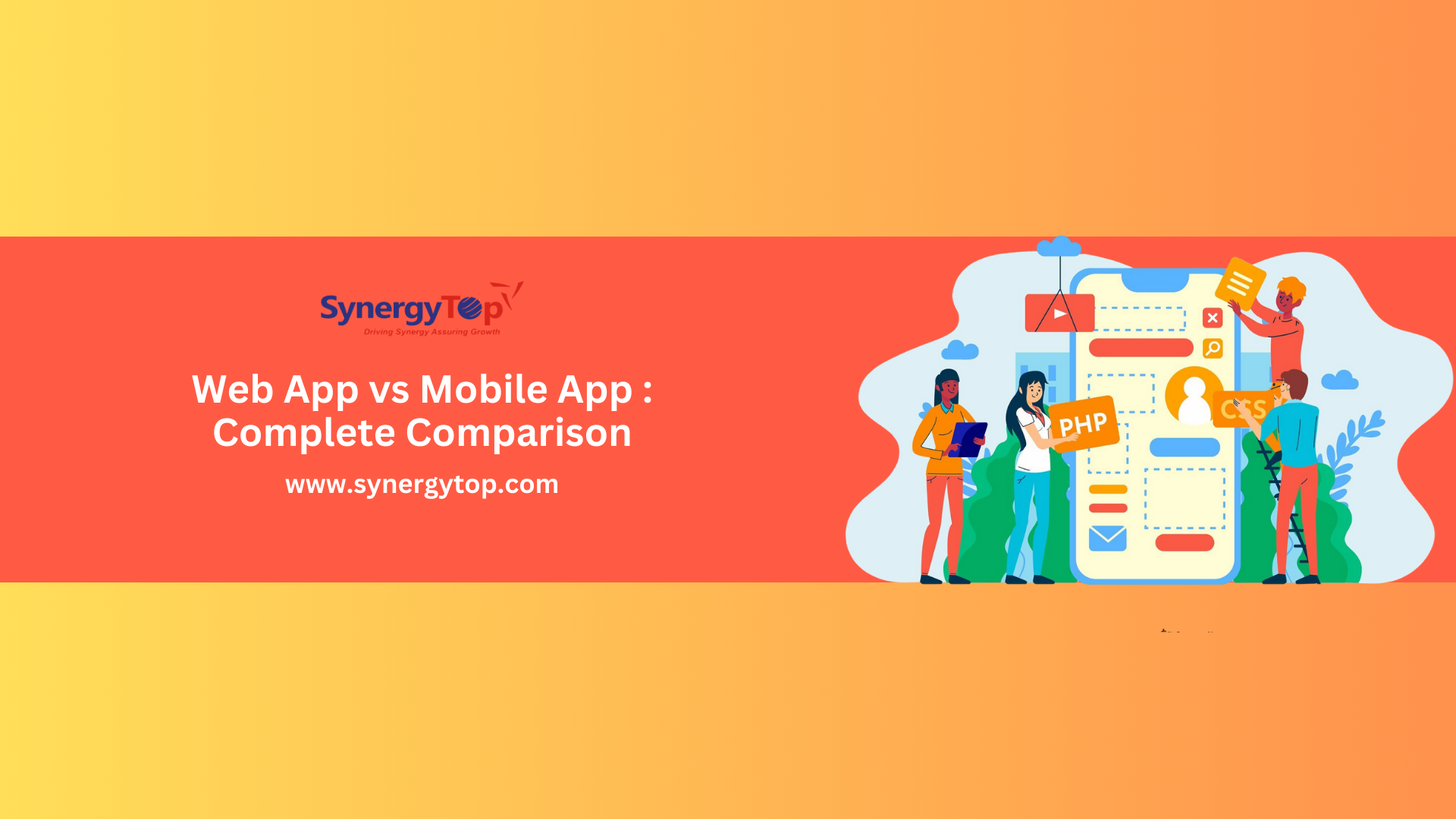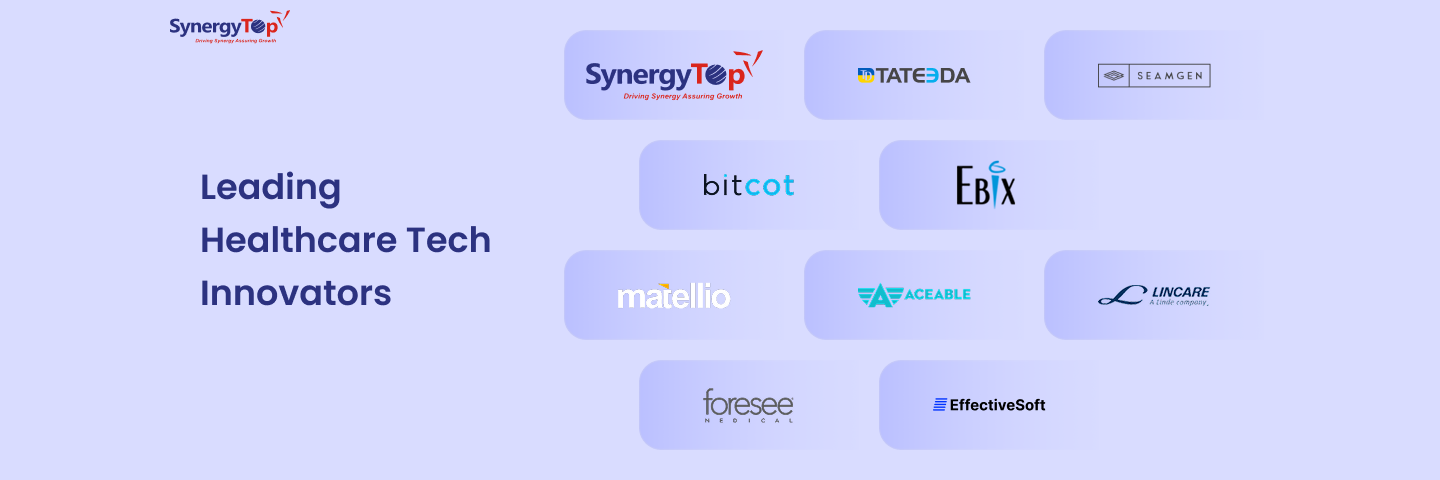The Oracle ATG platform includes a generalized integration framework that empowers businesses to integrate with the 3rd party systems. In this scenario, the other options, such as web services may not be effective and/or appropriate.
An e-commerce business application needs to communicate with numerous remote systems to encourage the end-users to complete the transaction. This includes –
- Search
- Inventory
- Payment
- Shipping
- Order Fulfillment
- User data management
Apart from the factors that we have listed, there are a few more ingredients necessary for an e-commerce business. They are –
- Social Media
- Email and marketing
- Product Ratings and Reviews
- Web Analytics
- Messaging Systems
- Customer Support
Benefits of an Integrated Solution
- Immune to manual data entry-related errors
- Error-free inventory management
- Enables Dynamic Pricing and reflects catalog changes in real-time
- Improves the overall user experience
- Immediate and accurate shipping charges, shipping, and order timelines
Integration Framework
The integration framework includes assorted components to facilitate the businesses to use Oracle ATG platform with 3rd part systems;
- Data integration – Integration repository or Repository to XML
- JMS (Java Message Service) messaging with Patch Bay, to enable the Oracle ATG platform to trigger events on remote systems and vice-versa
- RPC (Remote Procedure Calls) for inter-application command executions
To manage communication between the Oracle ATG platform and the 3rd party systems, additional software are required –
- Integrator – To make Oracle ATG platform’s commands and queries understandable by the 3rd party System
- Adapters – To enable Oracle ATG platform to communicate with 3rd party system
- Transport layer – A middleware transport layer, through which communication can be established
Integration Approaches
The decision of which integration approach to choose is largely based on how the third-party systems maintain the data, their characteristics and business requirements. We can choose among these four different approaches
- Remote only – When the data is exclusively maintained at the remote or 3rd party system. Every time the system needs to access the data, it is fetched by the 3rd party systems.
- Remote and then Local – The primary data source is remote or the 3rd party system. However, in case the remote system is unavailable, the data can be fetched locally.
- Local and then Remote – The primary data source is your local ATG system. In case the data is invalid or expired, then the data can be fetched from the 3rd party system.
- Local only – This may not require integration using the ATG’s integration framework. The data is fetched periodically from the 3rd party system.
Integrating with Catalog Maintenance System (CMS)
Maintaining the product catalog is a critical task for an e-commerce business application. It facilitates the users to navigate easily and complete their purchases in a swift and smooth manner. More often than not, there is a conflict in updating the catalog and catalog relationships, as they are quite dynamic in nature. The Oracle ATG platform uses several batch and dynamic services to ensure the catalog is updated and the relations are verified. These services are referred as Catalog Maintenance System (CMS).
Based on the business requirements and the overall system architecture (of ATG and 3rd party systems), the services can be on-demand or real-time;
- Batch Services – All the updates are done in batches and can be on-demand or in scheduled batches. The batch mode services are
- Catalog Update
- Catalog Maintenance
- Dynamic Services – The updates over the catalog are happens dynamically, along with changes in the source 3rd party system. The Dynamic mode services are;
- Catalog Changes Services – it notifies for any changes in catalog folders, categories or catalog items in the product catalog.
- Properties Changes Services – It is notified by the Catalog Changes Service for changes in folder properties, category properties or item properties.
- Catalog Completion Services – It is notified by Properties Changes Services and finally updates the product catalog.
Integrating with ERP Systems
In a typical e-commerce business application, an ERP system manages the business’ core data i.e. products, customers, pricing, etc.
Common integration points for any e-commerce business application will be;
1. Product Data – Product and pricing data must be updated in real-time or frequently depending upon the business’s need. Attributes includes in-stock, available on request, out of stock, quantities available, etc. Product data integration helps in restricting the selling of out of stock or obsolete products.
2. Customer Data – Similar to the product data, the customer data is dynamic in nature. Here, the attributes include payment information, order history, user & profile changes, shipping information, billing, etc. The customer data needs to be updated in a regular manner or may result in the loss of sale opportunities.
3. Order Data – If your Oracle ATG solution is integrated with the relevant 3rd party systems, it ensures that the pertinent details of the placed order is shared correctly. Thereby, the order is processed with minimal manual intervention and lesser errors.
Oracle Commerce can be extended to integrate with virtually any system
- Business intelligence component that integrates with OBIEE
- Third-party payment processors – Payflow Pro, Cybersource, Taxware
- Third-party inventory and shipping systems
- Fulfillment systems
- Pricing and promotions systems
- Geo-locator services

SynergyTop has deep expertise in Oracle Commerce Solutions – both on-premise and Cloud. Visit our blog section for many more interesting and informative blogs on the Oracle Commerce Solution suite. Here are a few recommendations –
Choosing the Right Oracle Commerce solution – On-premise or Oracle Commerce Cloud
Why to choose Oracle Commerce Cloud
Integration of Oracle ATG and Oracle Endeca – The Best Practices
Write to us at contact@synergytop.com to know more about our Oracle Commerce services.


